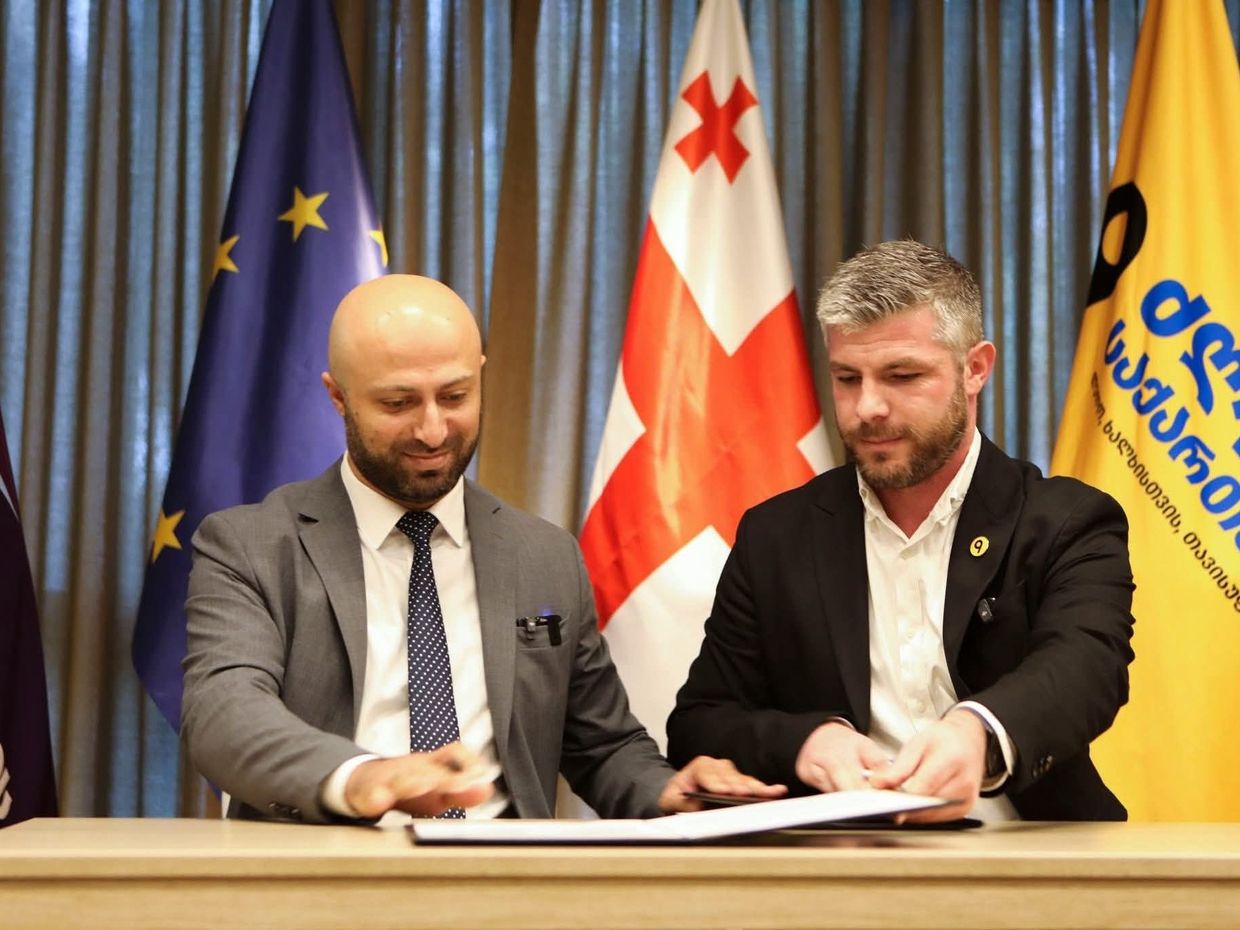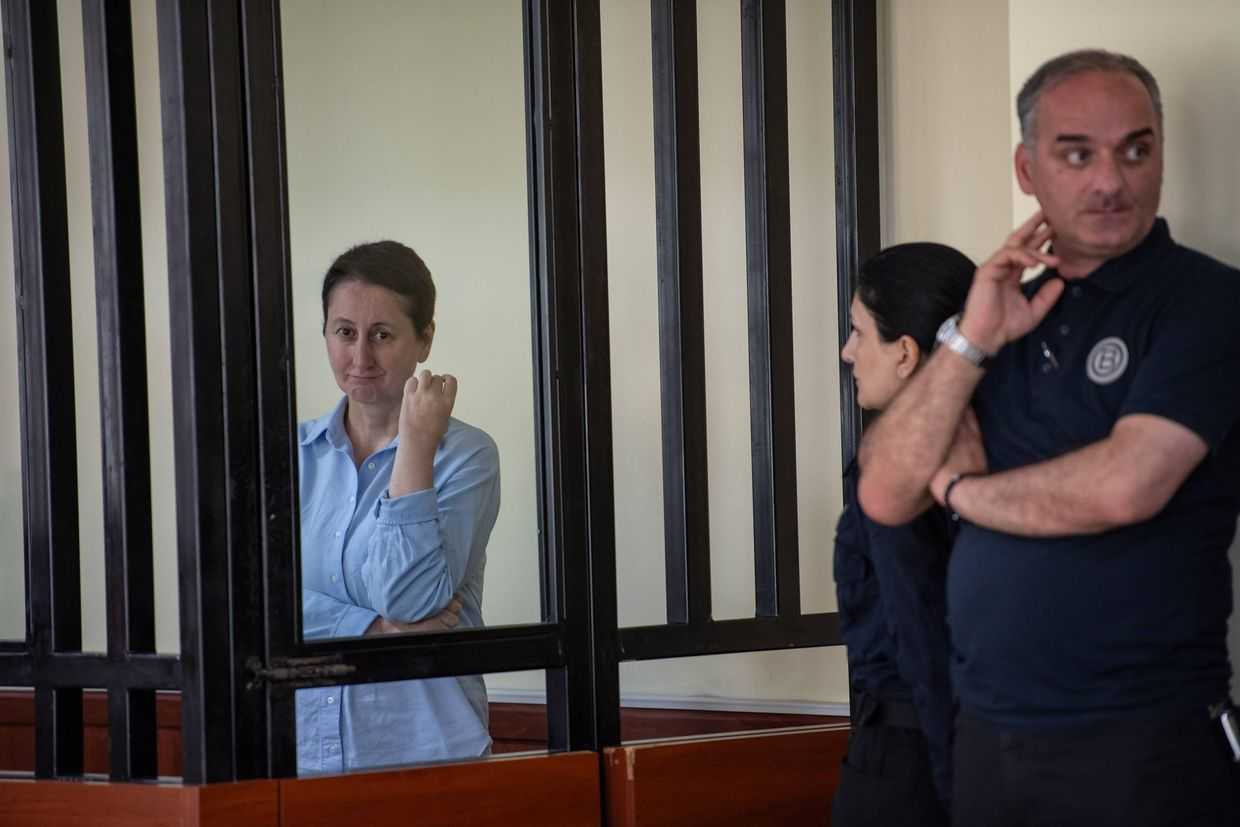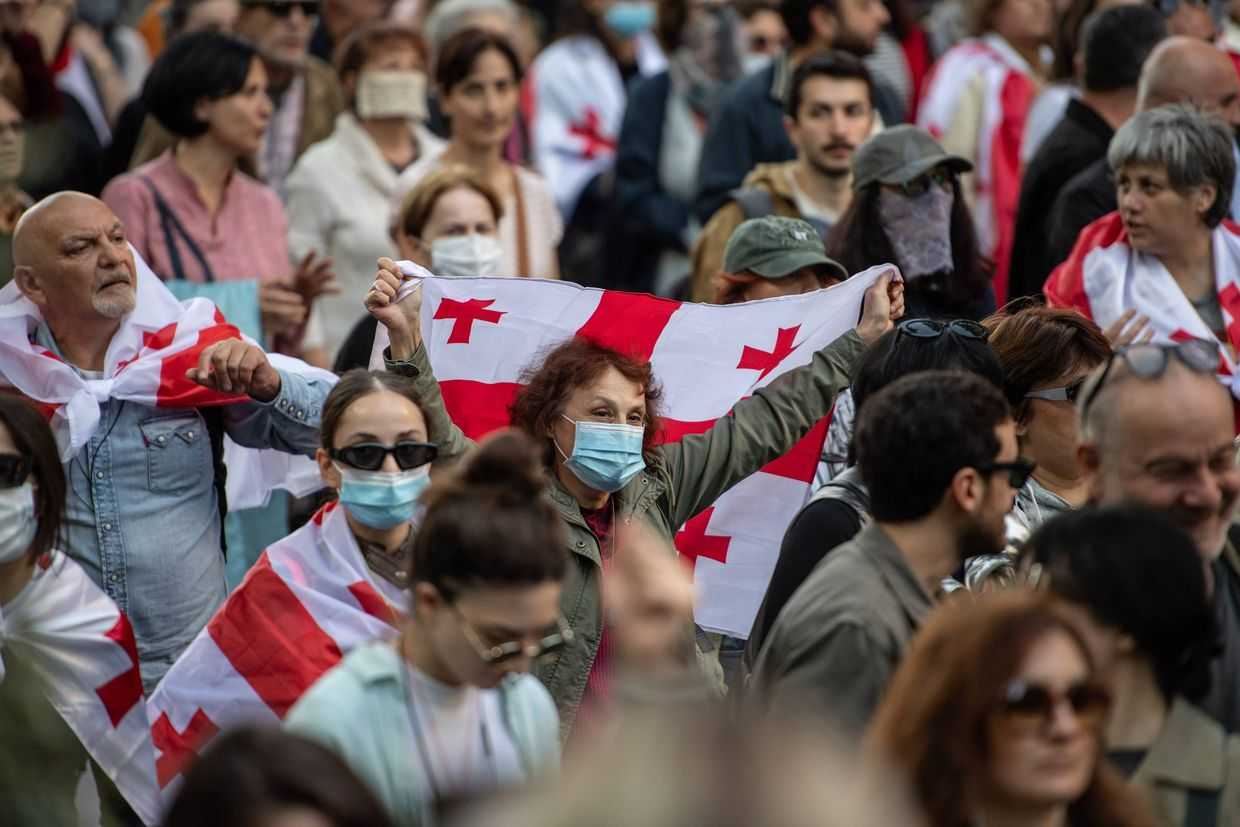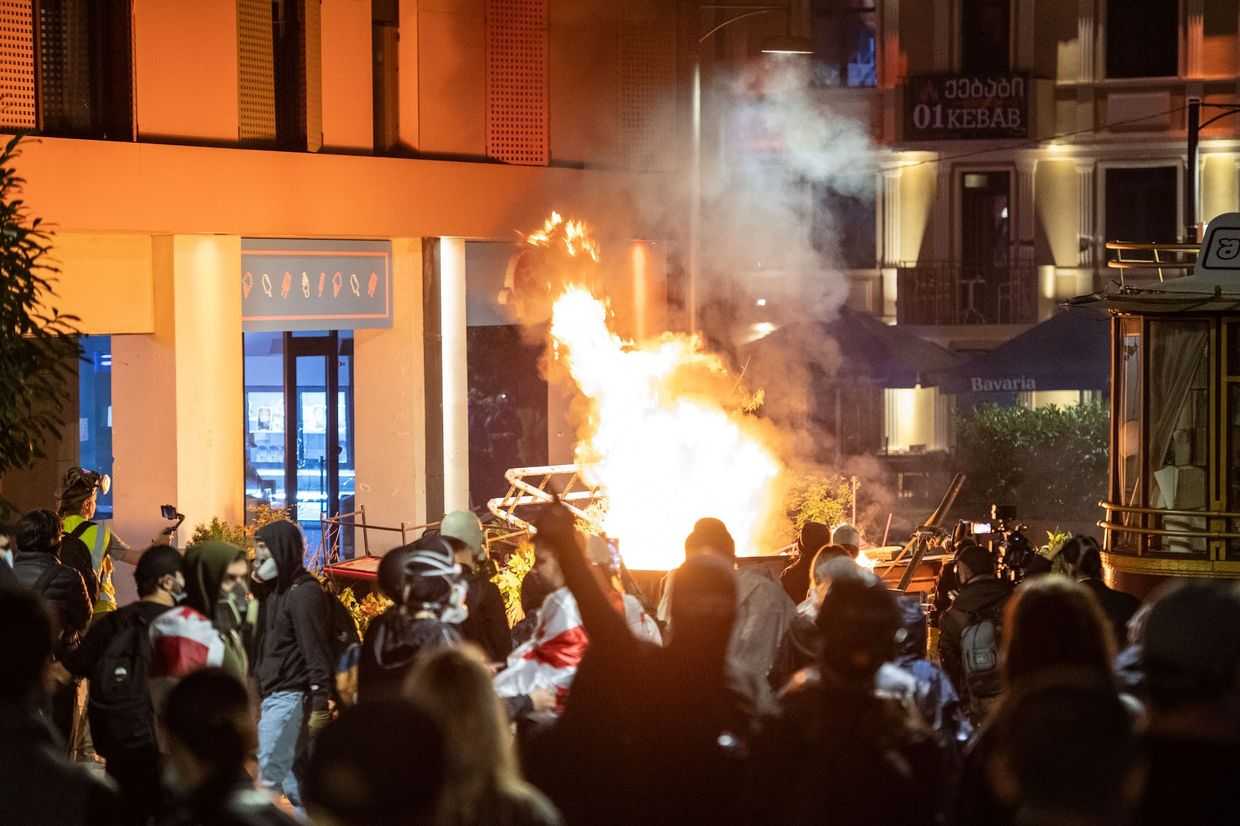Georgia sets 4 October as date for local elections as opposition vows to boycott
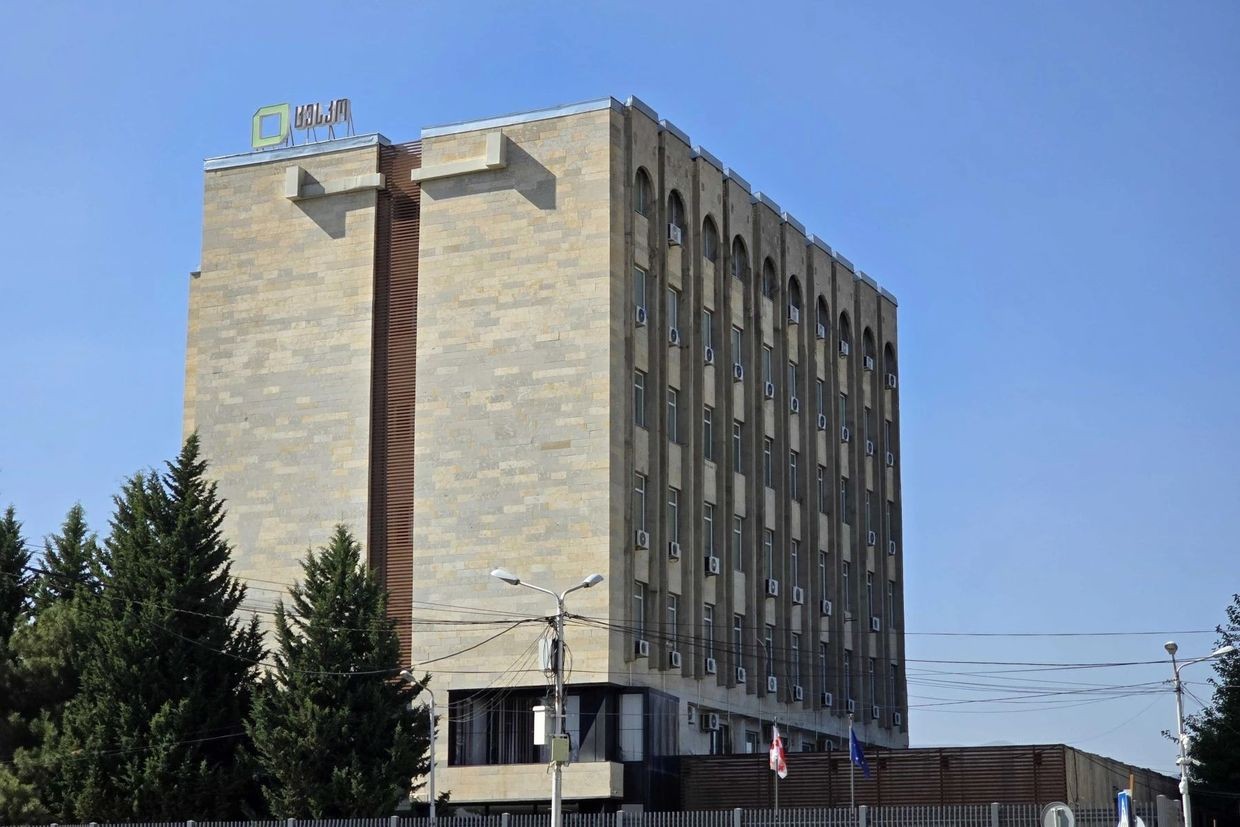
Georgia’s Central Election Commission (CEC) has announced 4 October as the date for local elections in Georgia. The vast majority of Georgia’s opposition parties — excluding Lelo and For Georgia — intend to boycott the elections, citing Georgian Dream’s illegitimate rule of the country.
The CEC made the announcement on Tuesday evening.
Lelo and Giorgi Gakharia’s For Georgia are the only parties to have expressed interest in taking part in the elections, while eight opposition parties, including several major parties, have continuously stressed that they will boycott the elections.
On Tuesday, For Georgia announced that its candidate for Tbilisi mayor would be Giorgi Shrashidze, who already serves as a member of the Tbilisi City Council and is a part of the party’s political council.
In an interview with Publika, Sharashidze said that For Georgia had yet to decide whether he would be the party’s final candidate, but that he was likely picked as party candidate for Tbilisi mayor for having served in the Tbilisi City Council since 2021. He noted that he is ‘well-acquainted with Tbilisi’s problems’, in addition to having a degree in public and business administration.
‘The combination of these two specialties, that is, the unification of business and public administration, will allow us to have much more effective governance in Tbilisi’, Sharashidze told Publika.
He added that For Georgia was in ‘no hurry’, suggesting that the party might select a different candidate for the position.
‘Ultimately, the most optimal candidate will be selected, believe me’, he said, adding that the party needed to reach consensus on mayoral candidates for all major cities.
Asked if he had any hope of achieving victory under the administration of an election commission which oversaw the disputed 2024 parliamentary elections, Sharashidze said that the opposition needed to fight, despite the ‘unequal conditions’.
‘Despite the fact that there are unequal conditions, much greater resources, and the entire system is working for [Georgian Dream], this does not mean that we should give up, lay down our shields, and not fight’, he said.
‘I think everyone will understand well that Kakha Kaladze simply cannot be the mayor of Tbilisi. His mayoralty means more corruption, more victims, our citizens moving into a completely unprotected and dangerous environment’, he added.
Kaladze has been serving as Tbilisi mayor under Georgian Dream since 2017. Public opinion surveys regularly suggest that he is among the most popular politicians in the country.
Lelo offers no candidates, says it’s facing government persecution
Lelo, the only other major opposition party to have announced its intent to run in the elections, has yet to announce any potential candidates.
One of its co-founders, Mamuka Khazaradze, has recently come under government scrutiny for alleged tax evasion after the Revenue Service announced they were investigating a possible violation related to German Ambassador Peter Fischer, who had rented a house owned by Khazaradze’s family.
Khazaradze’s lawyers stress that there exists a ‘notarised contract, drawn up in full compliance with legal procedures’ between Fischer and Khazaradze’s family regarding the lease.
Khazaradze and Lelo’s other co-founder, Badri Japaridze, are currently imprisoned for boycotting a Georgian Dream-led parliamentary commission created to investigate the opposition.

On Wednesday morning, the Lelo-led Strong Georgia coalition said that their bank account was frozen, hinting that the move might be related to the Revenue Service’s investigation.
On the same day, the Anti-Corruption Bureau announced that it was monitoring Khazaradze’s asset declaration.
This was followed by a statement by former president Salome Zourabichvili — an active supporter of the opposition — in which she said that the Anti-Corruption Bureau’s monitoring of Khazaradze’s assets served as ‘political retribution’, but did not indicate that it viewed Khazaradze or Gakharia as serious political opponents.
‘On the contrary: the ruling party needs this persecution to convince us that the regime is very worried and afraid of the competition between these two parties’, she said.
‘In reality, [Georgian Dream] is trying to convince us that it has serious competitors in these elections and that it needs to harass. This convinces the target competitor that their decision was correct and that they have a serious chance of “winning the mayor’s office”. This belief is necessary so that participation does not lose its meaning.’
‘In reality, the regime is not afraid of the participation of parties, but only of society’, she said. ‘It's time to get out of this trap’.
